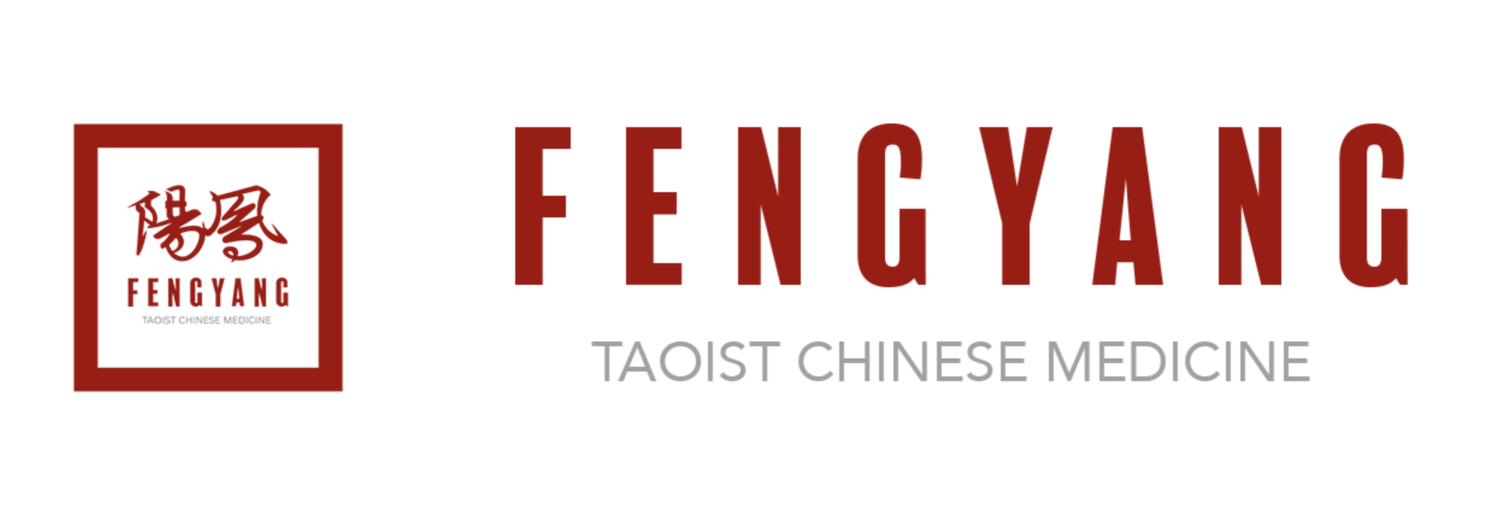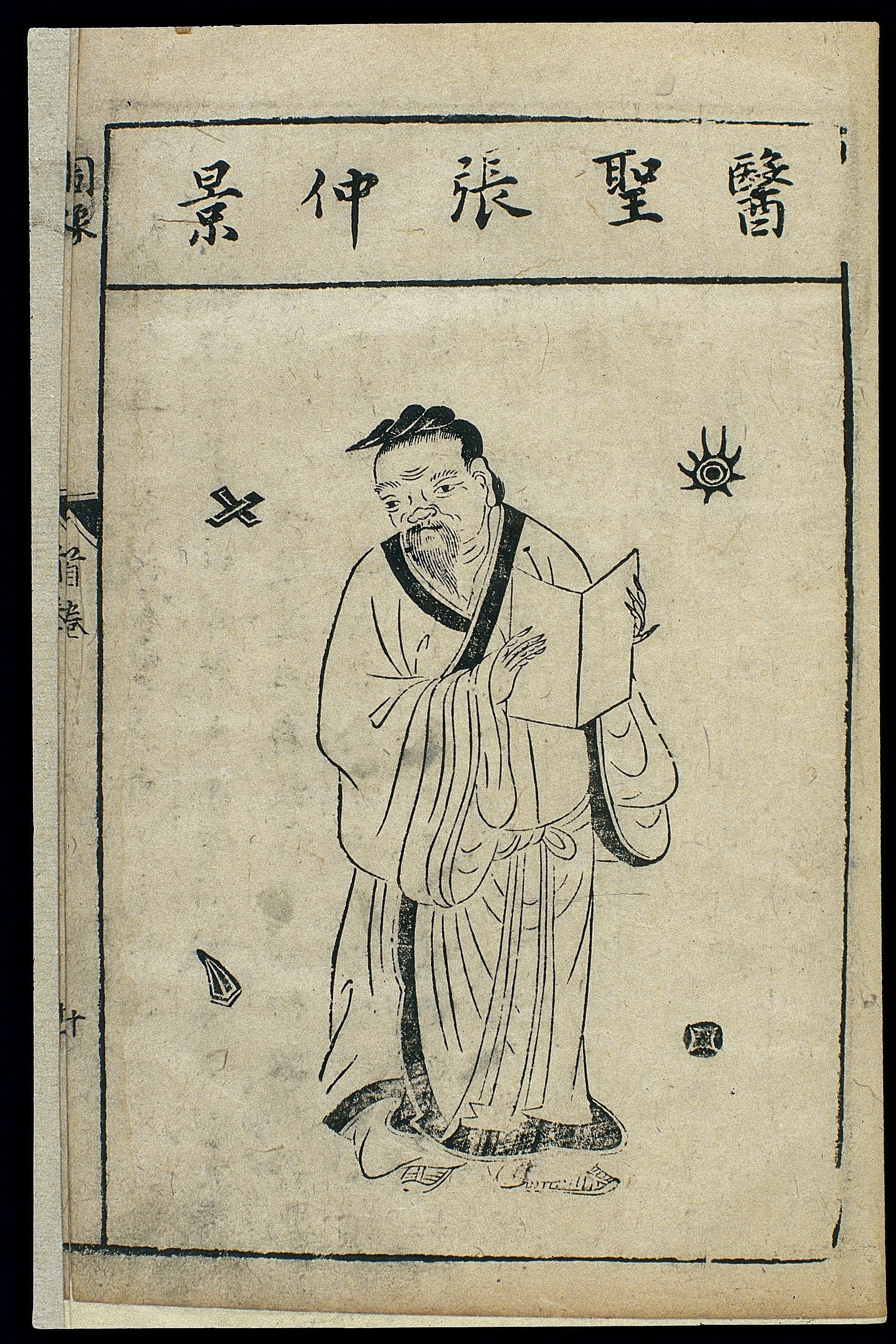Zhang Zhongjing, the "Chinese Hippocrates"
Zhang Zhongjing is reputed to be the greatest Chinese physician China and is referred to as the Chinese Hippocrates. He lived during the Eastern Han dynasty, and was a pharmacologist, physician, inventor and writer.
One of his works, Shang han za bing lun (Treatise on Febrile and Other Diseases), greatly influenced the practice of traditional Chinese medicine.
This work was later edited and divided into two books, Shang han lun (Treatise on Febrile Diseases) and Jin gui yao lue (Jingui Collection of Prescriptions). Zhang’s work remains highly significant in the practice of Chinese medicine, and he is often referred to as the Chinese Hippocrates.
Nearly a quarter of the herbal formulas created by Zhang Zhongjing almost two thousand years ago are still taught in courses in Traditional Chinese Medicine schools worldwide today and many are used in everyday clinical practice.
Shang Han Lun
The Shang Han Lun was written in response to a flu epidemic during Zhang Zhongjing’s time. He sought an effective treatment for the population desperate for a cure. He discovered that colds and flus create lines of tension in the body that are consistent with certain types of colds.
He created a system that identifies patterns according to the Six Channels, which he first described in the Shang Han Lun. There are 6 stages or meridians, which could be translated as "levels" due to the progression of conditions from Tai Yang (most external) to Jue Yin (most internal). By treating the correct "stage" you can avoid, for example, either driving the condition in deeper or blocking its way "out" of the body (i.e. tonifying when you need to disperse an external pathogen such as a cold).
The Six Stages
Tai Yang - Fever, aversion to cold, stiff neck, superficial pulse
Shao Yang - Alternating chills and fever; fullness in the costal and hypochondriac regions; mental restlessness; bitter taste; dry throat; blurry vision; taut pulse
Yang Ming - High fever; sweating; thirst; flushed face; restlessness; yellow tongue/dry; superficial and forceful pulse
Tai Yin - Abdominal fullness; vomiting; poor appetite; diarrhea; abdominal pain (that is better with warmth and/or pressure); no thirst; pale tongue w/white coat; slow pulse
Shao Yin -
(cold shaoyin) - aversion to cold; listlessness; desire to sleep; cold limbs; diarrhea; clear urine; pale tongue with white coat; thread pulse
(hot shaoyin) mental restlessness; insomnia; dry mouth/throat; deep yellow urine; red tongue; rapid, thready pulse
Jue Yin - hot/painful sensation in the chest; hunger but no desire to eat; cold limbs; diarrhea; vomiting
Disclaimer: All above articles are for reference only. If patients are interested, please consult a professional practitioner Traditional Chinese Medicine for a consultation.



